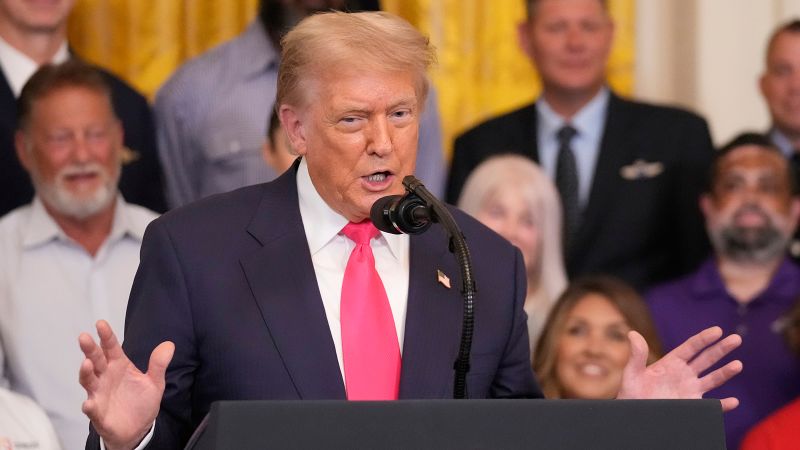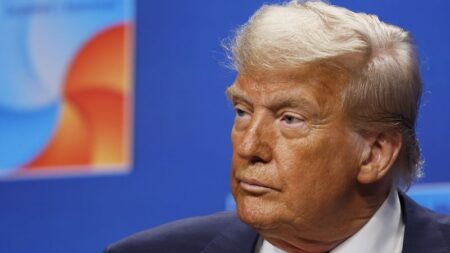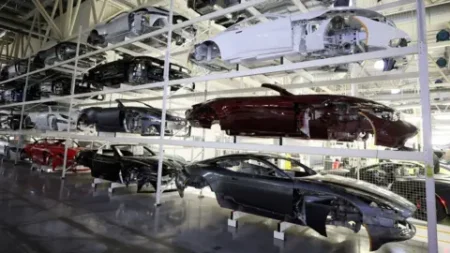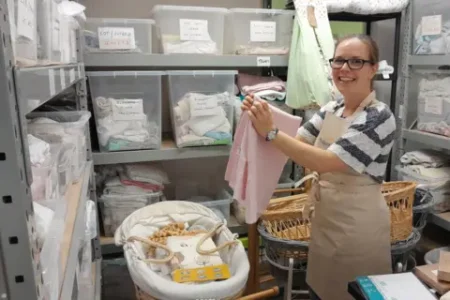On Friday, the Chinese government indicated its willingness to approve the export of rare earth minerals to the United States shortly after White House officials announced that both parties had reached a significant agreement. This development marks a pivotal moment following extensive negotiations aimed at securing American access to these vital materials. Rare earth minerals are not merely a niche commodity; they play an essential role in a host of technologies, ranging from everyday electronic devices to sophisticated military equipment like fighter jets.
The trade between the two leading economies, China and the United States, has recently been fraught with tension, evolving from mutual tariff escalations into a contentious battle over supply chains for these critical resources. The importance of rare earths in the context of these trade discussions cannot be overstated, as they have become focal points of contention amid an environment of economic rivalry.
In a statement issued by the Ministry of Commerce in China, officials noted, “China will approve the export application of controlled items that meet the conditions in accordance with the law.” This assertion implies a potential easing of the restrictive measures the US has taken against China as a counter to previous tariffs. The statement explicitly referenced the prospects for accelerating the export of rare earths to American markets, responding to a question indicating unparalleled interest in this form of cooperation.
Encouragingly, the statement from China came in direct correlation with remarks from US President Donald Trump and his Commerce Secretary, Howard Lutnick, confirming that a rapport had been established. There appear to be nuances of an agreement which originated earlier this month in London. The US indicated that vital approvals from the leaders of both countries—President Trump and China’s President Xi Jinping—were still on the table.
Statement highlights from Commerce Secretary Lutnick included assurances of China’s intention to supply rare earths to the US, emphasizing that once these deliveries commence, corresponding American countermeasures would be relaxed. The discussion turned towards previous US export controls placed on strategic items such as chips, software, ethane, and jet engines, which Beijing contended they were abiding by while holding Washington accountable for perceived breaches of contract.
At a public event, President Trump claimed, “we just signed with China yesterday,” though no further details were shared, leaving analysts to speculate about the potential impacts of this agreement.
The Chinese Ministry of Commerce subsequently expressed hope for further strengthening of mutual understanding and cooperation between the two nations, heralding a desire for continuous dialogue to promote stable and sustainable economic and trade relations. Currently, it’s noteworthy that China is responsible for approximately 90% of global rare earth processing, a fact that underscores the geopolitical significance of this issue.
Last month, both nations had reached a tentative agreement in Geneva aimed at de-escalating tariffs that had resulted in what seemed to be a de facto trade embargo. However, frustration mounted within the Trump administration due to China’s reluctance to lift previously imposed export controls on rare earths, which were established following the infamous reciprocal tariffs levied on China in April.
The United States imposed a series of export curbs in response, directly affecting essential commodities and threatening the visas of Chinese students studying in the US. Conversely, China pointed fingers back towards America, asserting that they were compliant with the terms of the agreement and implying that the US had reneged on its promises.
After the discussions held in London this month, President Trump announced that a deal had been achieved but remained contingent on approval from the national leaders, suggesting a mutual easing of export restrictions would be revisited. Additionally, there were hints that the US would facilitate the return of Chinese students to American universities, further indicating a thawing of previously icy relations.
Recent developments reported by Reuters indicated that the US Commerce Department has permitted ethane traders to load shipments intended for China, nonetheless, unloading has been restrained pending authorization. This hints at the administration’s preparations to lift existing export curbs.
In April, China instituted a dual-use licensing regime for rare earths, necessitating exporters to seek approvals for each shipment and document intended end-uses. Nevertheless, while there has been a public narrative suggesting expedited approvals, many companies are still grappling with inadequate supplies of these critical materials, particularly rare earth magnets.
Analysts postulate that existing Chinese restrictions on military shipments will still pose access challenges for US defense contractors, further complicating the broader implications of this agreement on national security and industry sustainability in a rapidly changing global landscape.











